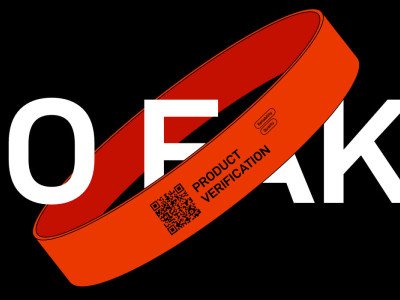Nicotine and Tobacco Research wrote: “Describing e-cigarettes as tobacco products is a particularly US phenomenon. Some countries include e-cigarettes in tobacco product regulation, but others do not. This includes Canada, a near neighbour to the US. In Europe, while some elements of e-cigarette regulation are contained within the EU Tobacco Products Directive, the devices themselves are not referred to as tobacco products.”
In announcing the ban, it added: “As a scientific journal, definitions matter, and a legal ruling in a single country is not a sound basis for determining whether a certain definition is valid.”
At the time, this was seen as a positive step, welcomed by a number of tobacco-harm reduction experts like Professor Linda Bauld. Nicotine and Tobacco Research’s recognition that language is important has now been mirrored (and some would say warped) by the team from Ohio State.
“Many people perceive e-cigarettes as less harmful than traditional cigarettes. Public health officials are concerned about the use of certain terms,” they write, “specifically those that omit the word ‘cigarette,’ which may attract adolescents to tobacco products [vaping].”
They assessed the association between common terms like “e-cigarette”, “e-cig”, “vape”, etc. with how 6479 newspapers “conveyed information to influence a certain perception of the news read by its audience”.
Unsurprisingly, they discovered that news articles that used variations of “vape” in the headline “were significantly more positive about e-cigarettes” and “significantly less supportive of FDA oversight of the products”.
“Article titles that included the terms ‘e-cigarette’ or ‘e-cig’ … were significantly more negative toward e-cigarettes, more frequently noted potential health risks, nicotine addiction, issues concerning adolescents, and significantly more likely to support FDA regulation.”
Worryingly, they conclude: “Public health officials, teachers, and others involved in educational campaigns concerning e-cigarettes may better reach their target audience … using terms that appropriately convey risk (e.g., ‘e-cigarette’).”
Resources:
- “The Relationship of the Terms Vape and E-Cigarette With Newspaper Content” by Cross, Wu, Roberts and Ferketich – [link]
- Vaping Isn’t Smoking, POTV – [link]
Dave Cross
Journalist at POTVDave is a freelance writer; with articles on music, motorbikes, football, pop-science, vaping and tobacco harm reduction in Sounds, Melody Maker, UBG, AWoL, Bike, When Saturday Comes, Vape News Magazine, and syndicated across the Johnston Press group. He was published in an anthology of “Greatest Football Writing”, but still believes this was a mistake. Dave contributes sketches to comedy shows and used to co-host a radio sketch show. He’s worked with numerous start-ups to develop content for their websites.
Join the discussion
Harm Reduction For The Rich
The United Kingdom risks becoming a harm reduction country only for the wealthy, according to Michael Landl of the World Vapers’ Alliance
CAPHRA Highlights Tobacco Control Flaws
The Coalition of Asia Pacific Tobacco Harm Reduction Advocates highlights the flaws in tobacco control which has led to the rise of black market in Australia
A Missed Opportunity at COP10
The Smoke Free Sweden movement says that COP10 was a missed opportunity to save millions of lives
COP10: Promote Tobacco Harm Reduction
Experts with Smoke Free Sweden are emphasising the urgent need for a Tobacco Harm Reduction approach at COP10








-listing400.jpg)


